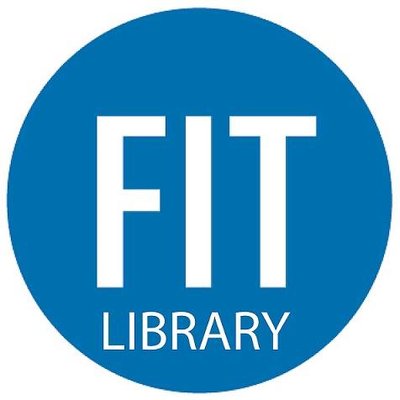Word - Forming Bases and their Variability (on the Material of the Russian language)
DOI:
https://doi.org/10.61841/pnnke153Keywords:
formal variant structures, word-formation bases, the morphonological description, morphonological construction, derivational potential, general characteristics, variational possibilitiesAbstract
The article is devoted to the study of objects of the lexical and grammatical levels of the Russian language in the light of the general theory of linguistic variability, which provides for the study of variation as one of the fundamental properties of the language system. The aim of the article is a comprehensive description of the word-formation foundations of Russian nouns and adjectives at various levels of word formation. The article analyzes the variational possibilities of word-formation bases on the material of the Russian language. A characteristic is given of the variant foundations of nouns and adjectives in the structure of word forming nest (word - formation nests). The word-forming nest most fully and consistently demonstrates the variational capabilities of stems with different categorical meanings. Reflecting the stepped nature of Russian word formation, the nest as a whole indicates the nature of the relationship between the formative and word-formation bases in chains and paradigms. Particular attention is paid to the general characteristics of the foundations of the Russian word in the inflection and word formation, the secondary character of the word formation foundations and their dependence on the foundations of the formation are shown.
Downloads
References
1. Kurilovich E. The concept of isomorphism. Kurilovich E. Essays on Linguistics. - M.: Publishing. Foreign Literature, 1962.
2. Lopatin V.V. Russian word-forming morphemic. Problems and principles of description. - M.: Nauka, 1977.
3. MaslovYu.S. The concept of the basis and formative in derivatology and paradigmatics Actual problems of Russian word formation. I. - Samarkand, 1972.
4. Nizinskaya V.A., Loginova Z.S. On the status of word forms in the word-formation system of the Russian language. Language and literature. Materials scientific Conf., dedicated to the 100th anniversary of the birth of E.D. Polivanov. Part 1. - Tashkent: Ukituvchi, 1990.
5. Orthoepic dictionary of the Russian language. Pronunciation, stress, grammatical forms (under the editorship of R.I. Avanesov). - M.: Russian language, 1985.
Downloads
Published
Issue
Section
License
Copyright (c) 2020 AUTHOR

This work is licensed under a Creative Commons Attribution 4.0 International License.
You are free to:
- Share — copy and redistribute the material in any medium or format for any purpose, even commercially.
- Adapt — remix, transform, and build upon the material for any purpose, even commercially.
- The licensor cannot revoke these freedoms as long as you follow the license terms.
Under the following terms:
- Attribution — You must give appropriate credit , provide a link to the license, and indicate if changes were made . You may do so in any reasonable manner, but not in any way that suggests the licensor endorses you or your use.
- No additional restrictions — You may not apply legal terms or technological measures that legally restrict others from doing anything the license permits.
Notices:
You do not have to comply with the license for elements of the material in the public domain or where your use is permitted by an applicable exception or limitation .
No warranties are given. The license may not give you all of the permissions necessary for your intended use. For example, other rights such as publicity, privacy, or moral rights may limit how you use the material.
















